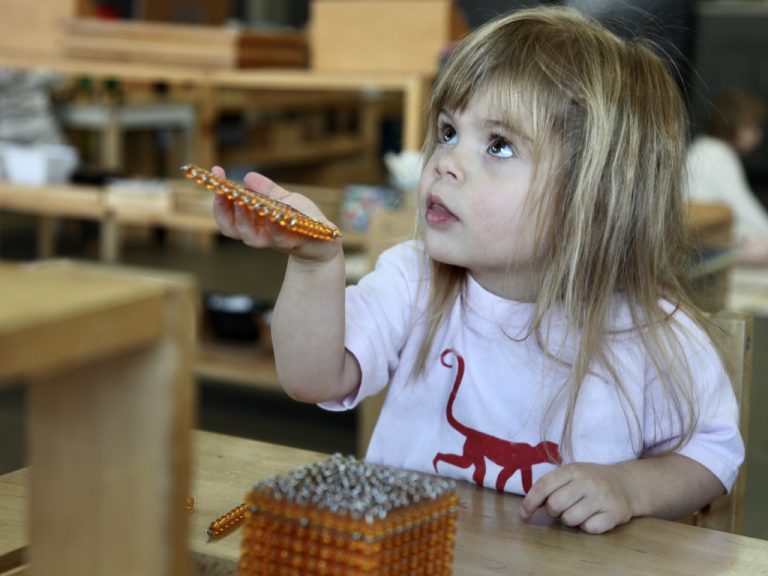Why is breastfeeding so important?
During the first days and months of a baby’s life, the best food he or she can receive is breast milk. Countless studies confirm this, but why is breastfeeding so important? It is not difficult to imagine why, however, we have listed here the reasons that give rise to its importance, learn about them below.
Why is breastfeeding so important?
In addition to the obvious emotional bond that arises between a mother and her child during the breastfeeding period, there are countless reasons that make this activity extremely important for the health and good development of the baby, starting with the fact that breast milk is the most important food for your child during the first days and months of his life.
This is mainly because breast milk contains all the nutrients necessary to maintain a balanced diet during the first few months, without requiring additional foods to supplement the diet.
In addition, breast milk is composed of, among other things, lipase. Lipase is a digestive enzyme, which allows milk to be digested more easily than any milk substitute supplement.
( Read Also: Breastfeeding, everything you need to know )
Breast milk, in turn, provides passive immunity to the baby, effectively protecting it against a large number of diseases and conditions that could put its health at risk.
What are the benefits of breastfeeding?
There are many benefits that breastfeeding has for both you and your baby. In case you have any questions about this, we have listed some below:
- It helps your baby’s development: Breastfeeding your baby helps him grow healthy and strong, but it also helps with cognitive development and favors your child’s sensory development.
- Prevents long-term diseases: Breastfeeding helps prevent obesity during childhood and adolescence and also reduces the risk of developing type 2 diabetes.
- Benefits for the mother: Breastfeeding helps reduce the risk of breast cancer and ovarian cancer. It also reduces the chance of suffering from postpartum depression.
- A cost-free solution: Breastfeeding does not entail any additional expense, since the baby’s own body produces the food for the baby, so the mother does not have to make any additional expenses.
- It helps the mother to lose weight: When a woman becomes pregnant she normally tends to gain weight. During the lactation period the accumulated fat is converted into energy and is used to produce milk, which obviously results in weight loss for the mother.
Considerations to take into account
Regardless of whether you are a first-time mother or have been a mother before, it is important to always keep in mind that the most important food for your baby is breast milk, and you should start breastfeeding immediately after birth.
The reason for this is that during the first feeding the mammary glands produce what is known as colostrum, which is nothing more than a whitish liquid that is rich in vitamins and antibodies. Just what your baby needs in his first days.
This diet based solely on breast milk should continue for at least six months, during which time the milk will have all the nutrients necessary for your baby to stay healthy and strong. During this time, the milk will no longer be that whitish and creamy liquid that is colostrum, but will be more watery, composed of almost 90% water, ideal for the baby to stay perfectly hydrated.
What to do if your breasts hurt when breastfeeding?
You have probably heard many women talk about their experiences with breastfeeding, and hearing the word “pain” scares you to the point of not wanting to breastfeed ever again. Normally during pregnancy, and even during the breastfeeding period, breast pain can occur. What is not completely normal is that your nipples hurt from breastfeeding. This can happen especially if you are a first-time mother, and it happens because you may not know the correct way to breastfeed.
( Read Also: Balanced diet for children )
Here are some tips to ensure your breastfeeding experience is pain-free:
Stimulates the breasts:
Milk release can be stimulated by massaging from the lower part of the cervix towards the nipples, with gentle but firm movements.
Apply a little breast milk:
If your nipples are cracked from breastfeeding, you can apply a few drops of your own milk to help them heal. Breast milk is known to have antibacterial properties, which facilitates the healing process.
Use hydrogel pads:
It is an anti-chafing barrier that is placed over the nipples and protects them from injury.
Use compresses:
Applying some cold compresses can help relieve the pain.
So why is breastfeeding so important? In addition to strengthening the emotional bond, both mother and baby benefit greatly from something as simple as breastfeeding. The baby receives vitamins and all the nutrients to be healthy, and the mother experiences the experience of seeing her baby grow in a healthy way.




